The Early Struggle: When Words Were My Enemy
Picture this: a first grader sitting in the corner of the classroom, holding a book that's meant for kindergarteners while watching classmates’ breeze through grade-level material. That was me. Every letter seemed to dance on the page; every word felt like a puzzle with missing pieces.
I had dyslexia, though at six years old, I just knew reading was hard—really hard.
The contradiction of my academic life became apparent early: I was smart enough for advanced learning classes, yet I needed special education support for reading. Teachers would look at me with confusion, sometimes doubt. How could someone in gifted programs struggle so much with something as basic as reading?
That question haunted my early school years, but it also became the fuel for everything that followed.
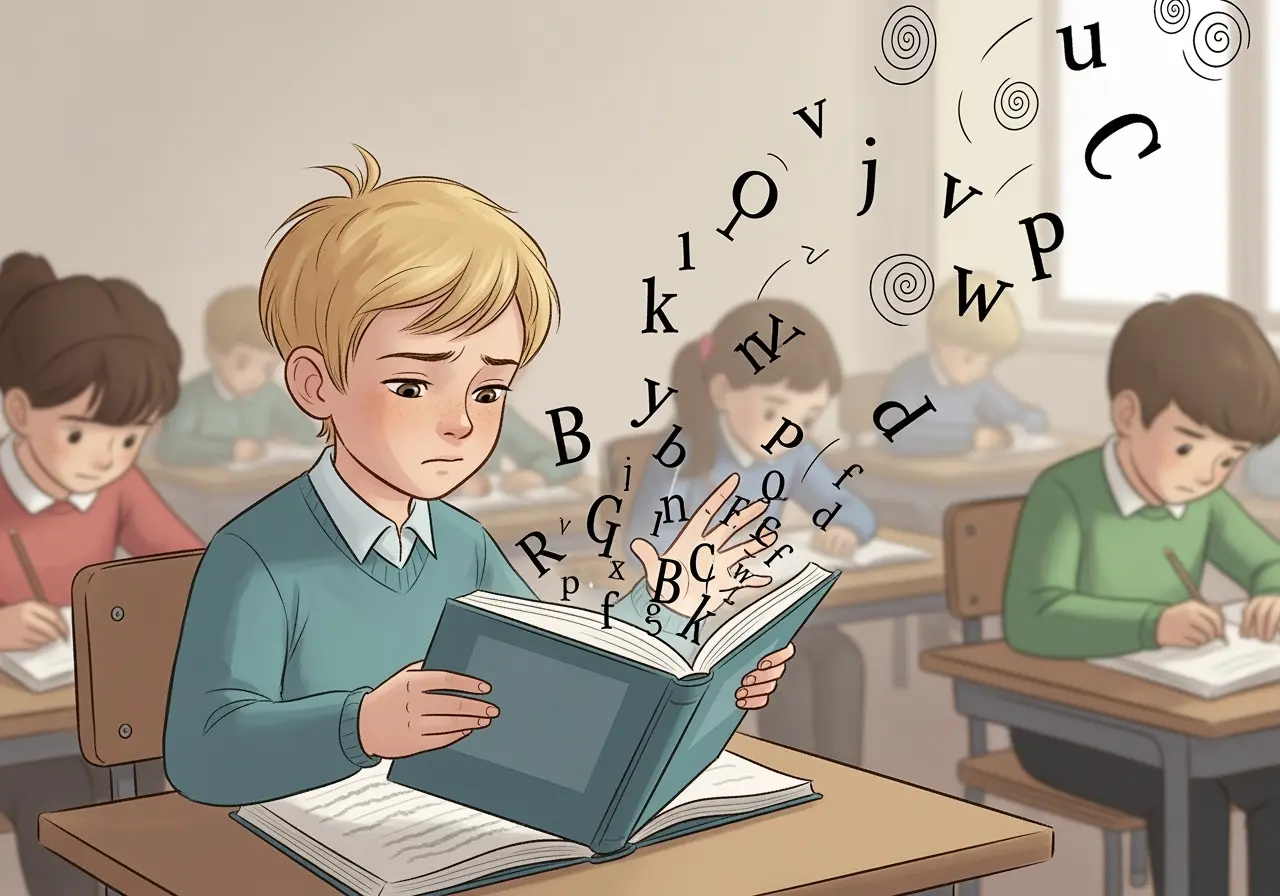
The Paradox: Advanced Mind, Struggling Reader
Being in advanced classes while receiving special education services created a unique challenge. I was solving complex problems and grasping advanced concepts, but I couldn't read at grade level. Teachers often questioned whether I truly belonged in their accelerated programs.
One moment crystallized this perfectlyThat question haunted my early school years, but it also became the fuel for everything that followed.. I had a teacher who was openly questioning my grades on his tests. As I got up to go take my test in the special education classroom, my usual accommodation; he stopped me.
"Stay here in the classroom," he said, "and I will read your test to you."
What happened next changed everything. He read the test to me, and I was one of the first four kids to complete it in the entire class. When the results came back, I scored a 97%.
He never questioned my place in his accelerated program again.
That single moment proved what I had always known but couldn't demonstrate: the knowledge was there; the intelligence was there—I just needed the words delivered in a way my brain could process efficiently.
This wasn't just about academic placement—it was about identity. Was I smart or wasn't I? That 97%, answered the question definitively. I was smart. I just learned differently.
Dyslexia doesn't diminish intelligence; it just changes how your brain processes written language. But try explaining that to a seven-year-old who feels different from everyone else—or to teachers who mistake reading struggles for cognitive limitations.
The Brain's Incredible Compensation: Nature's Built-In Solution
Here's what I discovered that changed everything: The human mind will always fight to compensate for something missing. Your brain will find the way to cover for something it has a problem with.
When reading and writing became my roadblock, my brain didn't give up, it got creative. It found other pathways:
- Auditory processing became supercharged: I could absorb and retain information through listening at an exceptional level
- Visual learning exploded: Complex concepts became clear when I could see them, map them, or create mental pictures
- Pattern recognition sharpened: My brain learned to identify shortcuts and connections others might miss
I learned to use shorthand notes to remind myself of the information I wanted to take away from each lesson. Not because I was lazy, but because my brain was building efficient systems with the tools it had.
Your brain builds itself from the tools you have and always finds a way to help you overcome any challenge.
This isn't just inspiration—it's neuroscience. When one pathway struggles, the brain creates new neural highways. It's not a workaround; it's an upgrade.
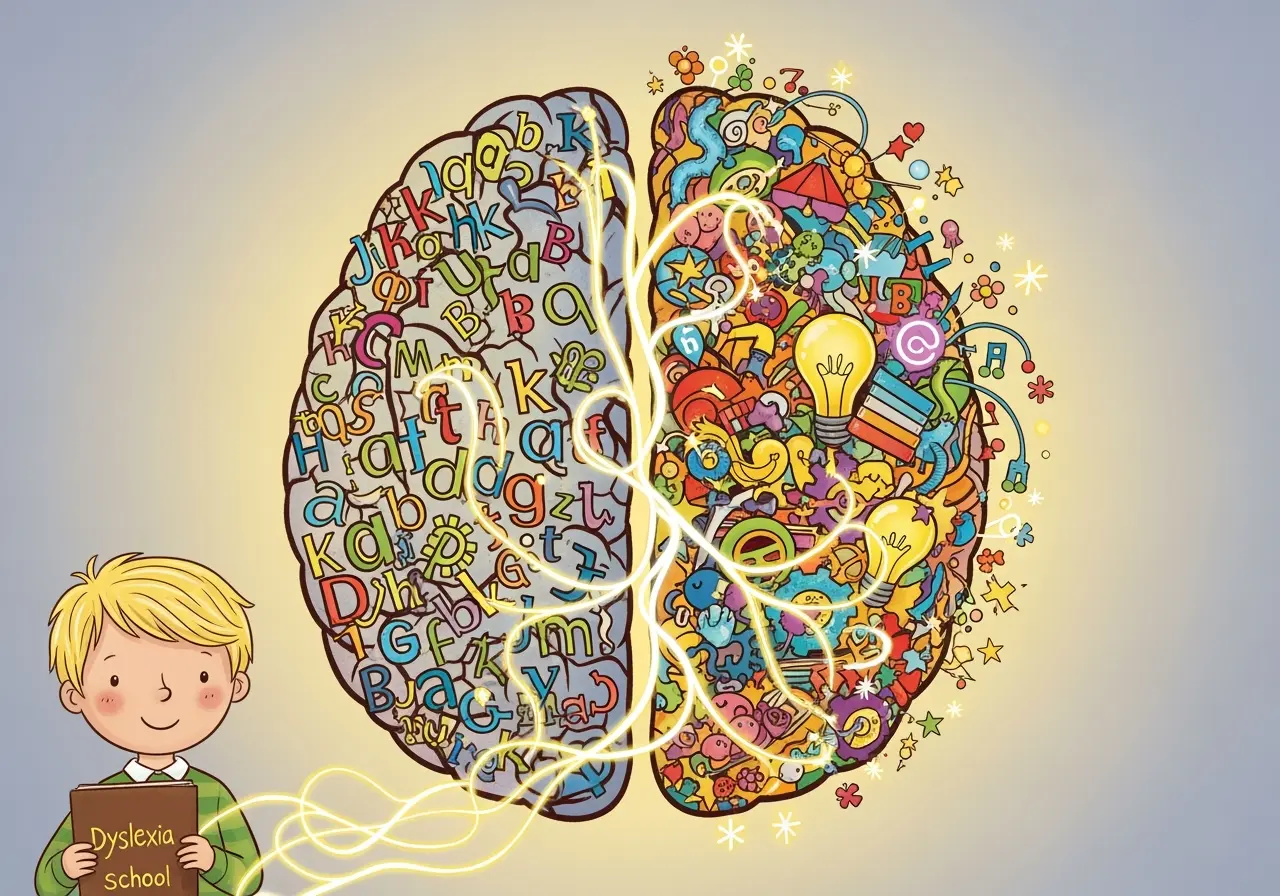
The Turning Point: When Determination Met Strategy
Instead of accepting limitations, I decided to fight back. If reading was going to be my biggest challenge, I'd make it my greatest conquest.
I developed strategies that worked with my brain's natural compensation patterns:
- Audio learning: I discovered I could absorb information incredibly well through listening
- Visual connections: I learned to create mental pictures for complex concepts
- Repetition with purpose: I didn't just reread, I engaged with material differently each time
- Technology allies: Tools that could read to me became my secret weapons
- Shorthand mastery: I developed my own system of quick notes that captured key insights efficiently
Most importantly, I refused to let dyslexia define my potential.
The Transformation: From Struggling to Thriving
Today, I've read over a thousand books. Let that sink in—someone who couldn't read a first-grade book now devours literature, business texts, and complex material regularly.
I earned my Bachelor of Science in Business, with honors on the national Dean and Chancellors list, proving that learning disabilities don't limit intellectual capacity—they just require different approaches.
But the real victory isn't in the degree or the books read. It's in my career advancement, the leadership roles, and the success I've achieved in every position I've held. Each promotion, each new responsibility, each professional milestone stands as proof that dyslexia never had the power to stop me.
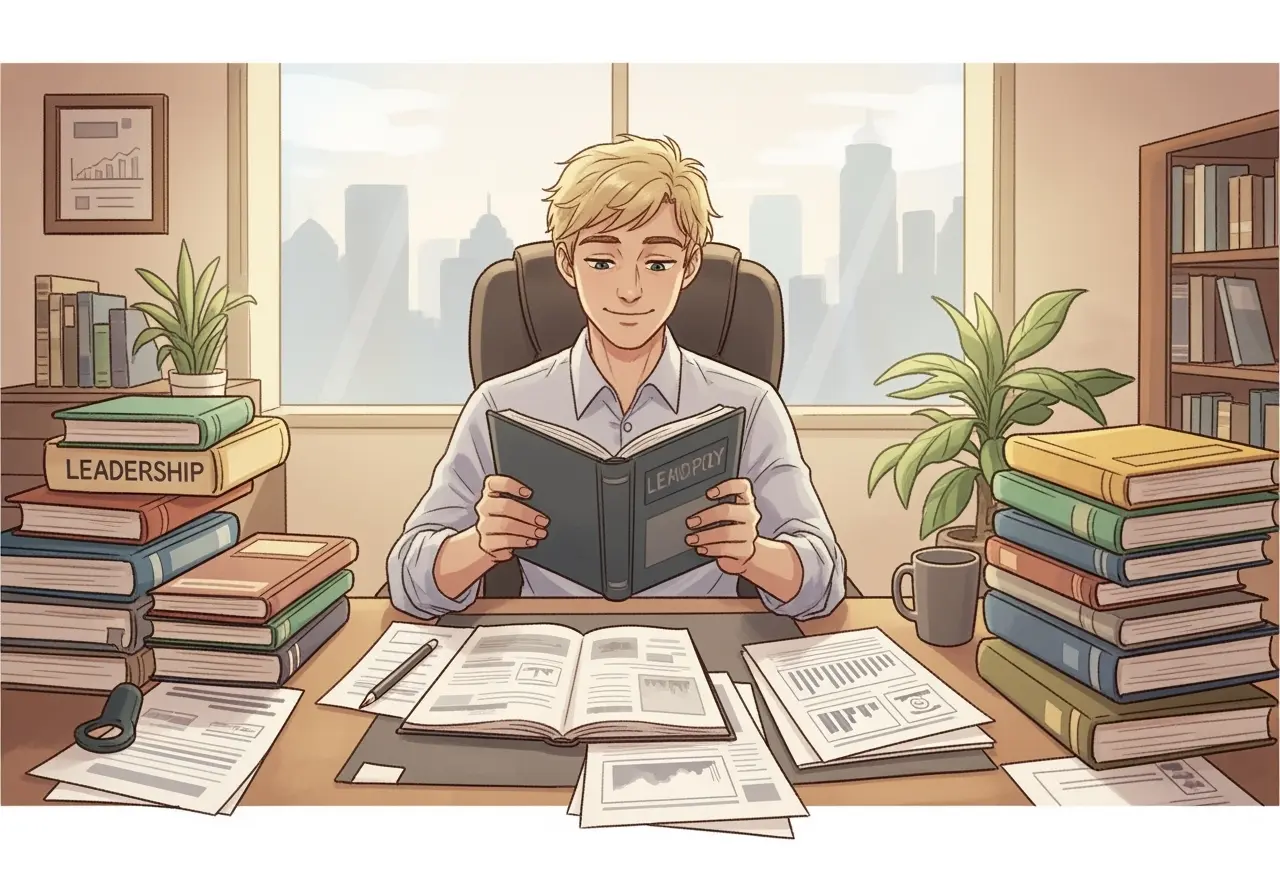
Professional Reality: Success Despite (and Because of) Dyslexia
My career trajectory tells a story that contradicts every limiting belief about learning disabilities. I've advanced in every job I've held, not despite having dyslexia, but often because of the unique skills it helped me develop:
- Creative problem-solving: Dyslexia taught me to find alternative paths to solutions
- Resilience: Every day of struggling with reading built unshakeable determination
- Empathy: Understanding struggle makes you a better leader and teammate
- Innovation: When traditional methods don't work, you become excellent at finding new ones
- Efficient processing: Years of creating shorthand systems made me exceptionally good at distilling complex information quickly.
The Science Behind the Struggle: Your Brain Is Your Ally
I wish I’d realized sooner that my struggling brain was actually pushing me toward success. Every time I couldn't read a word easily, my brain was building new pathways. Every shorthand note I created was evidence of my mind's incredible adaptability.
The human brain is remarkably elastic. When faced with challenges, it doesn't just cope, it innovates. It finds ways to not just overcome obstacles, but to turn them into advantages.
Your dyslexic brain isn't broken—it's building something extraordinary.
The Message: Your Disability Is Not Your Destiny
If you're reading this and struggling with dyslexia or any learning disability, here's what I want you to know:
Your brain works differently, not deficiently.
The same neural pathways that make reading challenging often excel at:
- Pattern recognition
- Spatial reasoning
- Creative thinking
- Problem-solving
- Big-picture analysis
- Efficient information processing
- Adaptive learning strategies
These aren't consolation prizes—they're superpowers in the right context.
Advice for the Journey Ahead
- Trust your brain's compensation process, it's working even when you can't see it
- Find your learning style and lean into it completely
- Develop your own shorthand systems for capturing and retaining information
- Use technology as your ally, not your crutch
- Build a support network of people who understand your potential
- Celebrate small wins because they compound into major victories
- Never let anyone else define your limitations
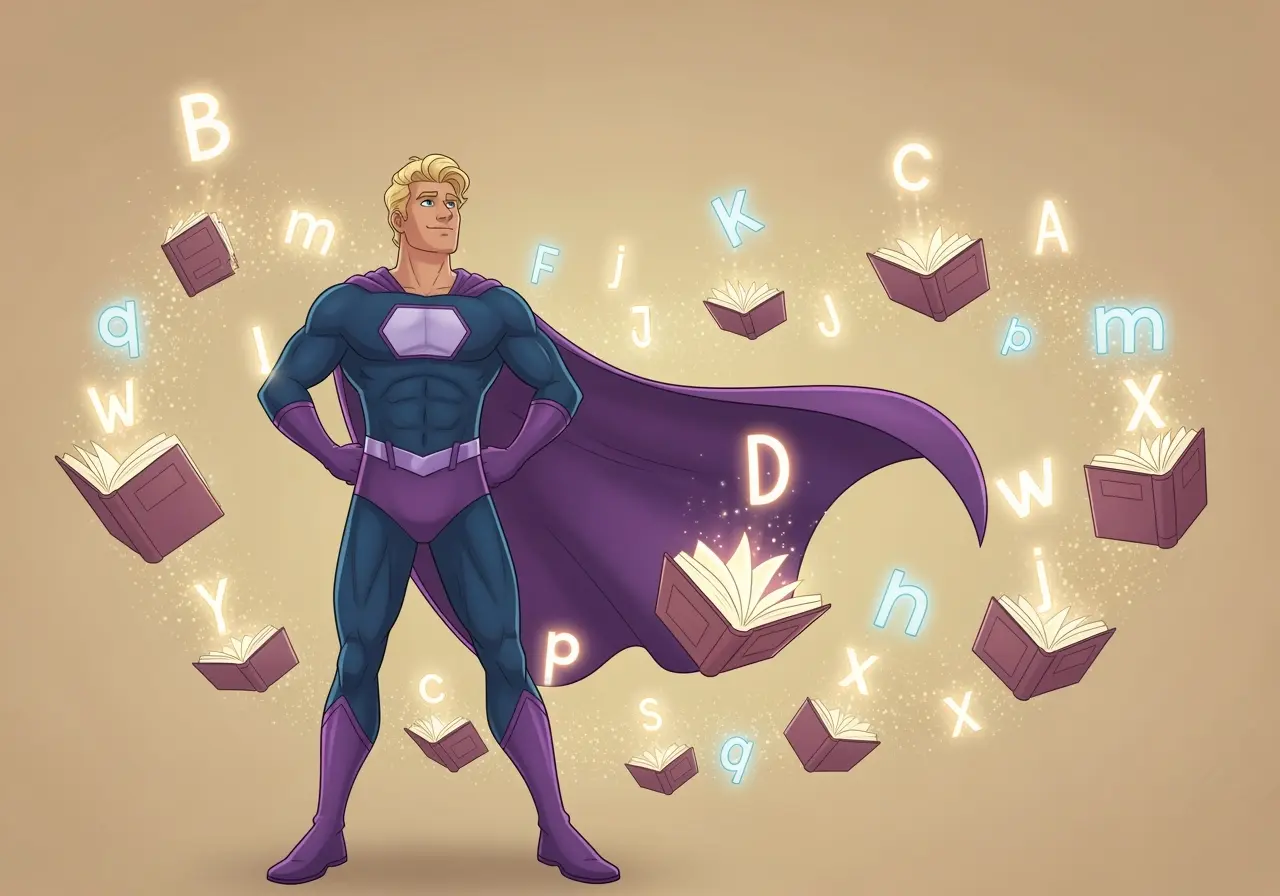
The Final Word
I went from being a struggling first-grade reader to someone who has consumed over a thousand books, earned a business degree, and advanced in every professional role I've taken on.
Dyslexia didn't stop me, it shaped me into someone stronger, more creative, and more determined than I might have been otherwise. My brain found ways to compensate, adapt, and ultimately excel.
Your learning disability is not a barrier to your dreams. It's simply evidence that your brain is already working harder and smarter than most people realize. Trust the process. Your mind will always find a way to help you overcome any challenge.
What challenges are you turning into superpowers?
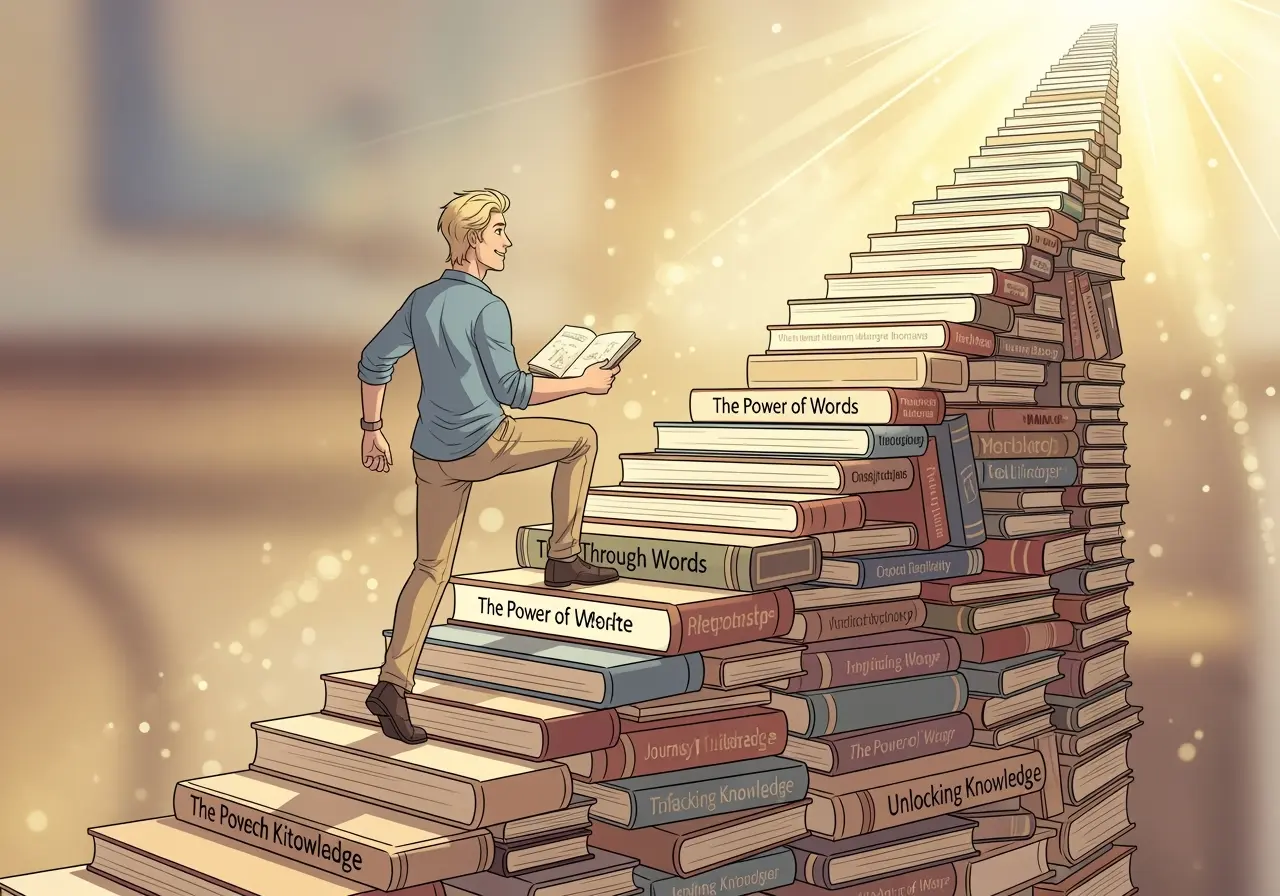
From Struggling Reader to Success:Dyslexia as Superpower